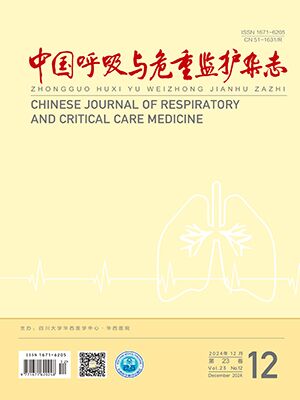Objective To investigate the relationship between adipocyte fatty acid binding protein ( A-FABP) and obstructive sleep apnea hypopnea syndrome ( OSAHS) .
Methods A total of 120 patients were recruited and underwent polysomnography. The groups were allocated according severity of OSAHS and obesity. Plasma A-FABP ( ng/mL) levels were measured by ELISA. The associations between A-FABP and AHI, BMI, LSaO2 , MSaO2 , neck collar, waist /hip ratio, insulin resistance index were analyzed.
Results Plasma A-FAPB levels were significantly higher in the OSAHS group than in the non-OSAHS group of same weight, independent of age and gender. In the non-OSAHS group and the severe OSAHS group, plasma A-FABP levels of obesity persons were significantly higher than those without obesity, independent of age and gender. Plasma A-FAPB level was positively correlated with AHI, BMI, insulin resistance index, neck collar, SLT90% , and waist/hip ratio, but negatevely correlated with LSaO2 and MSaO2 in the OSAHS group. In the non-OSAHS group, plasma A-FAPB level was positively correlated with BMI and insulin resistance index.
Conclusions Plasma A-FABP level is higher in patients with severe OSAHS. Plasma A-FABP level is positively correlated with BMI and insulin resistance index both in OSAHS and non-OSAHS patients.
Citation: XU Ting,ZHANG Qiang,SUN Siqing,LIN Yong. Clinical Significance of Serum A-FABP in Patients with Obstructive Sleep Apnea Hypopnea Syndrome. Chinese Journal of Respiratory and Critical Care Medicine, 2011, 10(4): 368-371. doi: Copy
Copyright © the editorial department of Chinese Journal of Respiratory and Critical Care Medicine of West China Medical Publisher. All rights reserved




